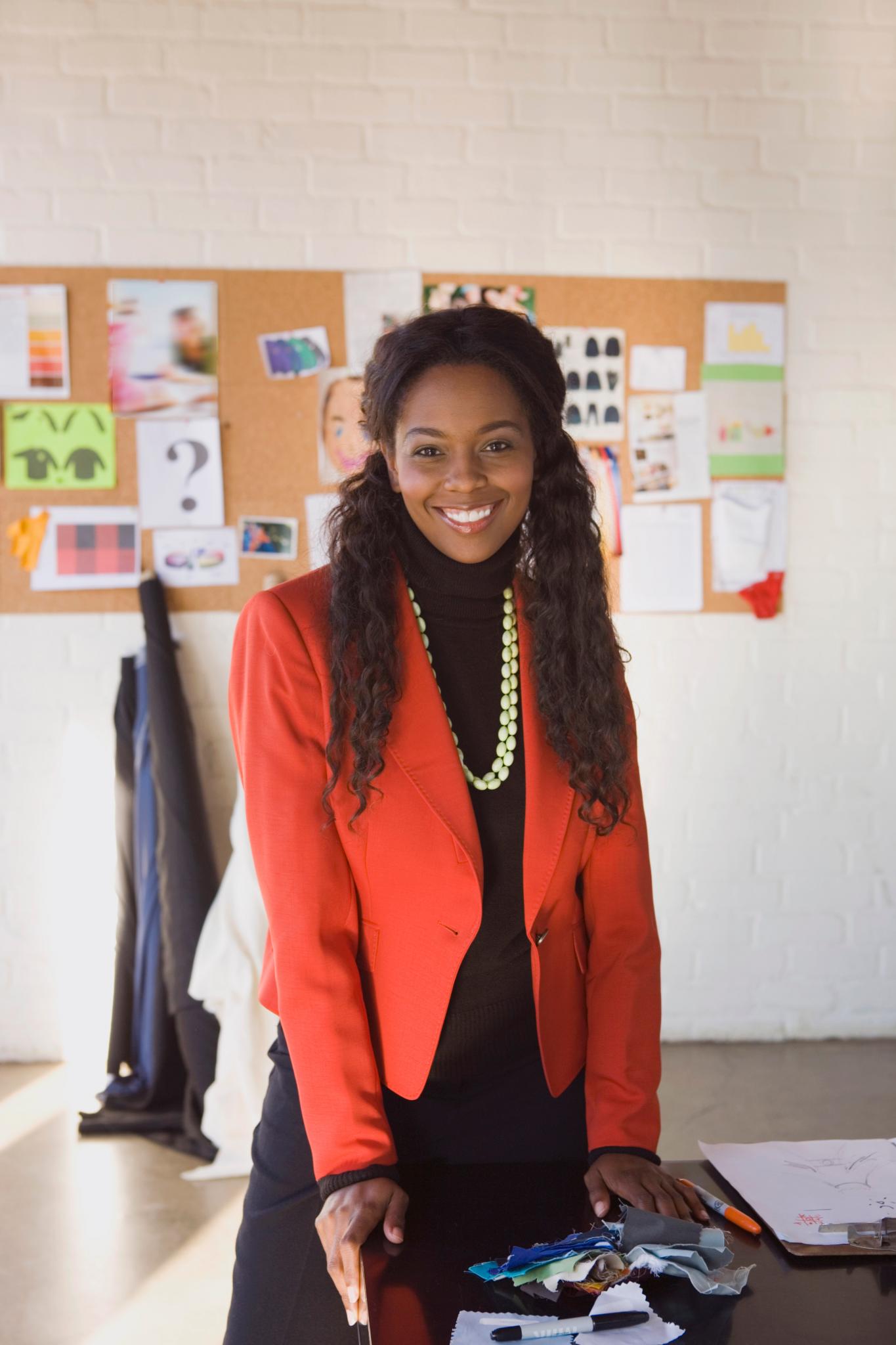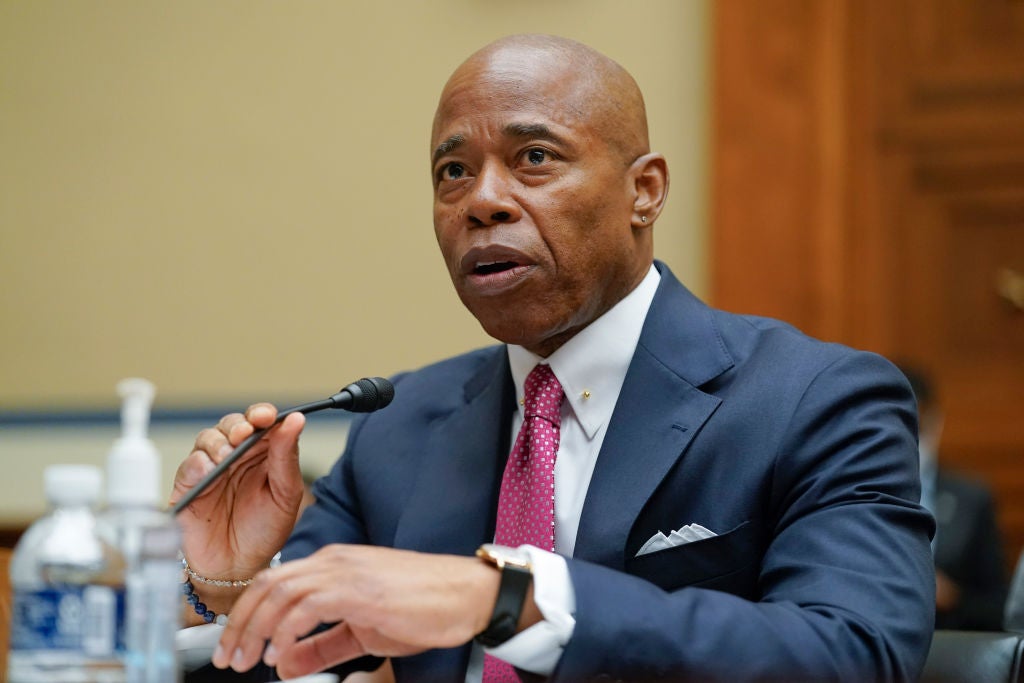
By now you’ve seen, read or heard the back-and-forth over Facebook COO Sheryl Sandberg’s new book Lean In, her tome on women and the workplace. The amount of press she has received for the book and the accompanying campaign has been a publicist’s dream. That’s not to say that all of the coverage has been positive. Many are critiquing Sandberg for focusing on the problems of elite women—at the expense of women of color and lower-income women. This raging debate reminds me of the debate over the TV show Girls. I’ll explain in a bit.
First, this debate isn’t new. From the beginning of the feminist movement, there has been controversy over the inclusion—or lack thereof—of Black women in the conversation. It was a double whammy—we were being oppressed because we were women, and the women’s groups fighting for equality weren’t interested in including us because we were Black. So as this conversation started to unfold, and the makeup of the discussants and the topics emerged, it is not surprising that many people became annoyed with the monolithic coverage. Old wounds still run deep, and folks were left wondering if Black women would be left out of the conversation. Again.
This Women’s History Month, I think it’s important to allow voices from across the spectrum to, borrowing a clichéd quote, speak truth to their own power. We always say women need to speak up more, and then it seems that as soon as they do, people are at the ready to tear them down for expressing their opinions. I’m also of the mindset that while Sandberg speaks from an elite position of privilege, there are still lessons to be learned by all women from her story. And she has acknowledged that her experiences are not that of the average American woman and may not work for everyone. Does that mean that she shouldn’t speak up and tell her story? Ridiculous. If people want to turn their ire at someone, turn it to the people covering the issue—the mainstream media. Shouldn’t THEY be the ones to broaden it out? For example, should we be okay with a Meet the Press panel on this topic that featured three upper-class white women and one upper-class white man? Sandberg shouldn’t be raked over the coals for telling her life story, even if we don’t see ourselves in it. The onus is on media and others to make sure that the story of women of color in the workplace gets told. And there are plenty of brilliant women out there to choose from. Ursula Burns comes to mind; she grew up poor in NYC only to become the CEO of Xerox.
Which brings me to Girls, the hit HBO show created by Lena Dunham, a woman who also grew up in privilege (she would do herself more favors if she acknowledged that fact more). She, too, was raked over the coals for writing a show based in Brooklyn that had no significant people of color in it. “How could you have these four girls live in one of the most diverse cities in America and not have any Black people?” the argument went. Fair point—except for the fact that this, again, is HER story. If you want to criticize the lack of people of color on TV, don’t blame Dunham; blame the people who green-light shows and run networks. Dunham has the right to tell her story as she sees fit, as long as it isn’t offensive. And honestly, that two-episode arc featuring Donald Glover felt offensive because it was oh-so-obviously thrown in to quiet her critics.
Now I’m not saying that people can’t critique what Sandberg is saying. People can obviously have disagreements with her premise or her proposed solutions to what holds women back in the workplace. But what I think is wrong and misguided is criticizing her for not giving enough ink and airtime the plight of women of color and lower-income women. Just as I think that Lena Dunham gets an undue amount of grief for the monolithic nature of her show. I genuinely believe that the place for us to lean in, as it were, is on those who have the power to tell more balanced stories—they have both the power and the responsibility to do so.
Daniella Gibbs Léger, a former special assistant to President Obama, is the Senior Vice President for American Values and New Communities at the Center for American Progress. Follow her on Twitter @dgibber123




